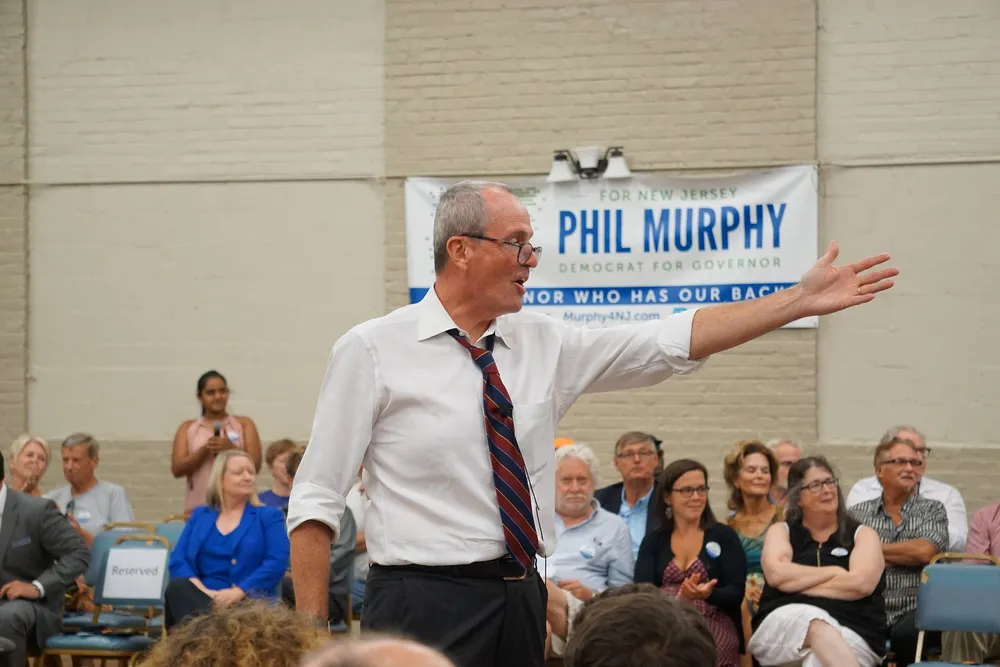TotalEnergies-Corio's move to delay New Jersey deposit highlights US offshore wind struggles
Partners hope to hold off paying $37.2m security and fees amid federal permitting ban and lagging infrastructure

TotalEnergies and partner Corio are seeking to postpone payment of a $33.5m security deposit by a year as President Donald Trump’s offshore wind permitting ban weighs heavily on new projects.
The payment would include a $3.7m mandatory contribution to the state environmental monitoring programme for a total $37.2m. The deposit is to ensure delivery of the project for its scheduled commercial operations date (COD) in 2031.
In its motion to state regulators, the joint venture (JV) said it must delay payment due to “multiple unexpected external events that need to be addressed.” These include delays or uncertainty associated with common infrastructure” and those "associated with the anticipated federal permitting timeline”.
Attentive Energy submitted its motion on 21 January, a day after President Donald Trump issued his executive order banning new offshore wind leasing and permitting while also putting approved projects under additional review.
According to local media, the New Jersey Board of Public Utilities (NJBPU), the regulator overseeing offshore wind, had slated the motion for debate at its March meeting, but it was later removed without action. NJBPU's next meeting is 23 April.
The project entered the federal permitting regime last September with submission of its Construction and Operations Plan (COP) to the Bureau of Ocean Energy Management (BOEM)
According to FAST-41 federal permitting dashboard, BOEM expected to complete its review around May of 2028.
However, BOEM “has indicated that the Project’s COP permitting timeline will be longer than was originally reasonably anticipated,” the developer said, which will delay COD.
Lagging shared infrastructure projects that both Attentive and Leading Light are obligated to use will add to the delay.
The developer claims that NJBPU has not issued tenders for the entire prebuild infrastructure though, which will likely hold up its delivery.
The motion for stay is the latest blow to New Jersey’s struggling offshore wind industry that has largely collapsed due to deteriorating economics and political opposition.
Governor Phil Murphy set an 11GW by 2040 target and spurred massive investments in infrastructure, including the $1bn New Jersey Wind Port and the nation’s first sector-specific transmission projects.
“We are not giving up on wind,” said NJEDA director Tim Sullivan at a conference in February at Rowan College in New Jersey.
“But we are also cognizant of the very significant reality that there's really significant disagreements with the federal government right now on the policy approach there,” he said.
(Copyright)